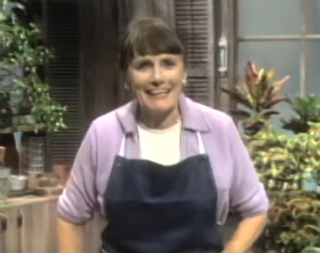A Quote by Mohammad bin Salman
We want to lead normal lives, lives where our religion and our traditions translate into tolerance, so that we coexist with the world and become part of the development of the world.
Related Quotes
We all have secret lives. The life of excretion; the world of inappropriate sexual fantasies; our real hopes, our terror of death; our experience of shame; the world of pain; and our dreams. No one else knows these lives. Consciousness is solitary. Each person lives in that bubble universe that rests under the skull, alone.
If we want sincere harmony, peace and joy in our lives, we can have them, but we must be willing to do the work. We must make maintaining an awareness of our spiritual natures first in our lives. Our inner world is the architect of our external world. We don't lose faith in the goodness of life because we become angry and depressed. We become angry and depressed because we lose faith in the goodness of life.
The separation of church and state is extremely important to any of us who holds to the original traditions of our nation. . . . To change these traditions . . . would be harmful to our whole attitude of tolerance in the religious area. If we look at situations which have arisen in the past in Europe and other world areas, I think we will see the reason why it is wise to hold to our early traditions.
I think there is a modern temper. The authority figures we revered in the past are all up for grabs - they're gone. We are groping for meaning in a world where some of our gods have died. We're asking ourselves, 'Who is our true brother and sister, where is our true home?' The modern tempter is our struggle to lead meaningful lives, and even if we don't believe in religion, we can reach down and hold on to our core values for guidance.
While teaching a course on global development at Uppsala University in Sweden, I realized our students didn't have a fact-based worldview. They talked about 'we' and 'them.' They thought there were two groups of countries: the Western world, with small families and long lives, and the Third World, with large families and short lives.
Generations of women have sacrificed their lives to become their mothers. But we do not have that luxury any more. The world has changed too much to let us have the lives our mothers had. And we can no longer afford the guilt we feel at not being our mothers. We cannot afford any guilt that pulls us back to the past. We have to grow up, whether we want to or not. We have to stop blaming men and mothers and seize every second of our lives with passion. We can no longer afford to waste our creativity. We cannot afford spiritual laziness.
The call of Christ is to deny ourselves and to let go of our lives. To relinquish control of our lives, to surrender everything we are, everything that we do, our direction our safety our security is no longer found in the things of this world. It is found in Christ. And that is great risk when it comes to the things of this world.






































